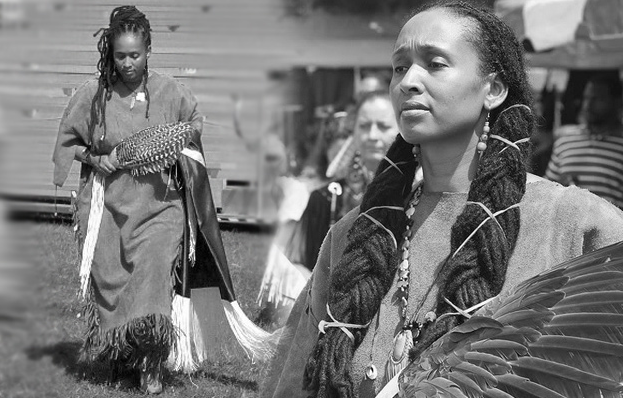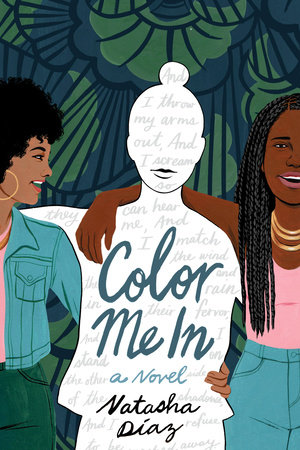Producer Phillip Rodriguez Acquires Rights To ‘The Strange Career of William Ellis’Posted in Articles, Arts, Biography, Caribbean/Latin America, History, Media Archive, Mexico, Passing, Slavery, United States on 2019-08-21 23:02Z by Steven |
Producer Phillip Rodriguez Acquires Rights To ‘The Strange Career of William Ellis’
Deadline: Breaking Hollywood News Since 2006
2019-08-21
Dino-Ray Ramos, Associate Editor/Reporter
EXCLUSIVE: Producer and indie filmmaker Phillip Rodriguez has optioned the film and TV rights to Karl Jacoby’s book The Strange Career of William Ellis: The Texas Slave Who Became a Mexican Millionaire. Rodriguez is set to develop and produce the narrative-based project
Jacoby’s prize-winning book tells the true story of William Ellis, a larger-than-life figure who was born on the U.S.-Mexico border in the twilight of slavery and inhabited a world divided along ambiguous racial lines. Adopting the name Guillermo Eliseo, he passed as Mexican, transcending racial lines to become fabulously wealthy as a Wall Street banker, diplomat, and owner of scores of mines and haciendas south of the border. In The Strange Career of William Ellis, Columbia University historian Jacoby weaves an astonishing tale of cunning, scandal, self-invention and the abiding riddle of race in America…
Read the entire article here.





/https://public-media.si-cdn.com/filer/28/f9/28f919ff-40e1-4d7f-bcdb-7119dd7d7c1e/sep2019_e05_prologue_copy.jpg)



